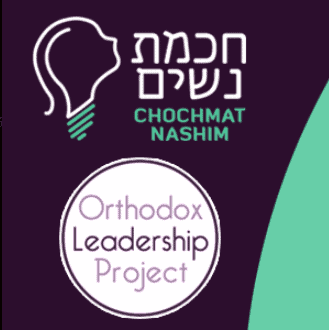How does one transition? Leave a job, a place, a time? How does one move forward when something is ending and yet there is also a beginning. This is the moment we find ourselves in this week’s parsha of Vayelekh. Moses’s time as a leader of an enslaved people brought to freedom is now coming to an end. Yet the Children of Israel are at the beginning of the next part of this nation’s history — entering the Land of Israel and fulfilling a promise given to Abraham over 400 year before. How does Moses handle this transition? What is his transition plan?
First, he communicates clearly that his time as their leader is over:
Moses went and spoke these things to all Israel. He said to them: “I am now 120 years old, I can no longer be active. Moreover, the LORD has said to me, “You shall not go across yonder Jordan” (Deuteronomy 31:1-2).
Second, he reassures the Children of Israel that God will continue to take care of them and bring them into the land that was promised them (verses 3-6). Then Moses clearly passes leadership to his successor Joshua (verses 7-8). Finally, he writes down his words so that they will be remembered in perpetuity carried in the Ark (verse 9).


